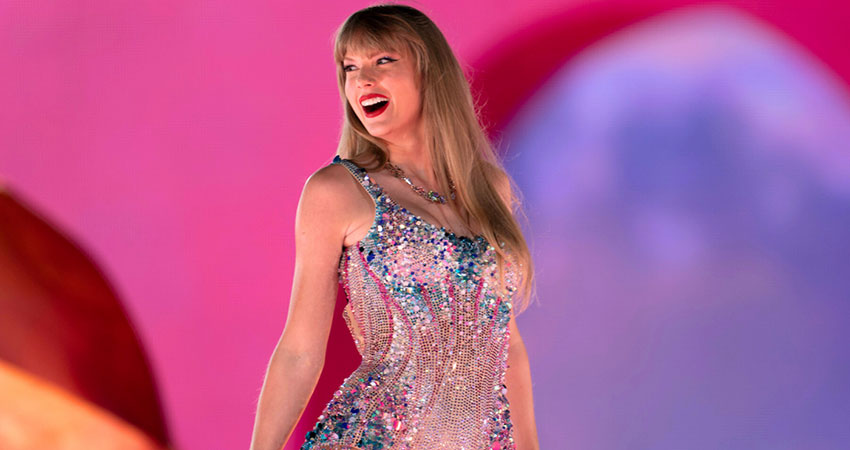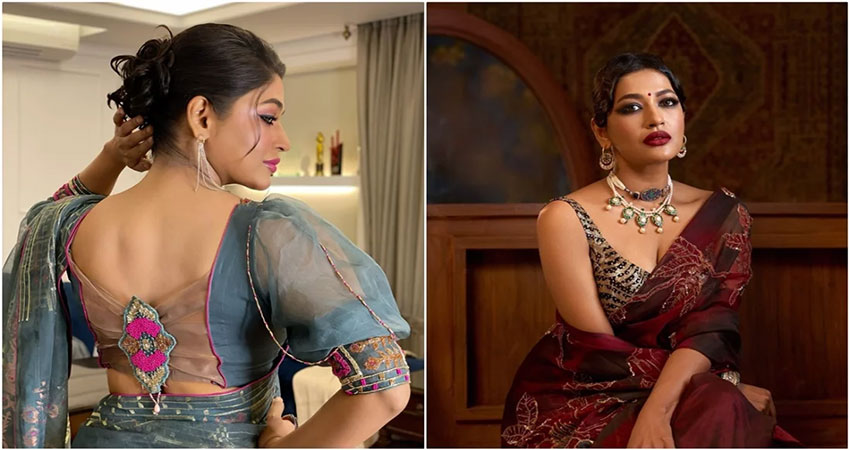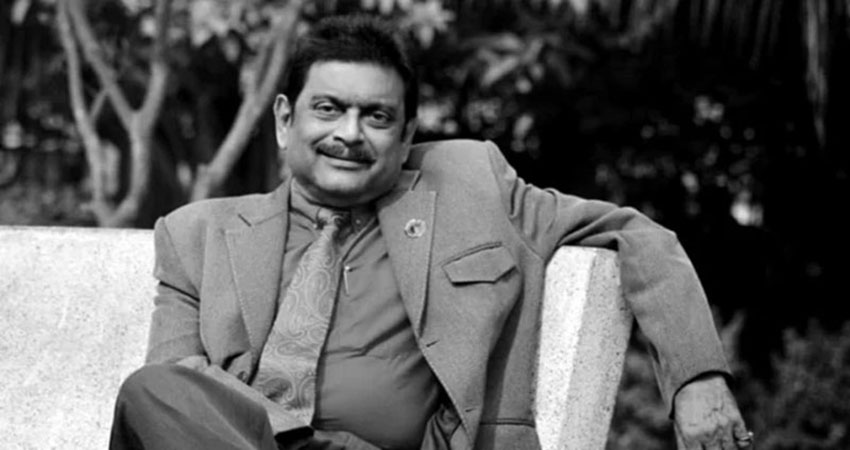Three days after the trailer for Hansan Mehta’s much-talked-about Bollywood film ‘Faraaz’ was released, Ruba Ahmed, the mother of Abinta Kabir who was killed by militants in the Holey Artisan Attack on July 1, 2016, alongside Faraaz Ayaaz Hossain, Tarishi Jain and Ishrat Akhond, among others, said that she is against releasing the film and will try to stop projecting the film in Bangladesh.
Ahmed, who is already fighting a legal battle alongside Tarishi Jain’s mother in the Delhi High Court to stay the release of ‘Faraaz’ which is scheduled to hit theatres in India on February 3, said in a press conference at the Abinta Kabir Foundation on Thursday that the filmmakers have violated their privacy and made the film without their proper consent, UNB reports.
“For the last six years, I have been dealing with the enormous pain of losing my only daughter, Abinta Kabir, whom we lost due to that horrific incident. When we first came to know in 2019 that Bollywood filmmaker Mahesh Bhatt was planning to make a film on the incident, we sent him a letter to which he replied that he respects my decision and will not continue the film,” Ruba Ahmed said at the press conference.
Stating that she was shocked to discover the poster of ‘Faraaz’, realising that the filmmakers did not stop making the film. She then contacted Hansal Mehta, director of the much-acclaimed biographical financial thriller television series ‘Scam 1992: The Harshad Mehta Story’ and asked about the project.
“I asked him what gave him the right to make the movie as this incident happened in Bangladesh and it is being made in Bollywood, and he answered that he wanted to draw attention against violence through the film. My question is, a number of terrorist events took place in India between 2016 and 2023 - why can’t they make movies based on the events that happened in India?”
Outlining her concerns about the film, Ruba Ahmed said, “We lost 22 people in that incident including Abinta Kabir, Tarishi Jain, and Faraz Hossain, to name a few. However, as the name also suggests, there is undoubtedly more emphasis on one character in the film. The filmmakers did not observe the incident in person, how could the film portray only one of them as a hero?”
“In this film, they changed Abinta's name to Ayesha, Tarishi's name to Tari, and even I was also portrayed as Rabeya. In the trailer, they showed a riot scene where my daughter's picture was also visible. Without our consent, how they got the right to invade and violate our privacy?” she questioned.
At the press conference, she was also asked about Mostofa Sarwar Farooki’s much-talked-about film ‘Shonibar Bikel’ (Saturday Afternoon) which is also fictionalized on the same incident and battling with Bangladesh Film Censor Board for its release since 2019. "Farooki received my legal notice and responded to me. The decision to proceed with the film now totally rests with the Bangladeshi government and the censor board," she said.
“I don’t want anyone to imagine the pain of witnessing your daughter's last moment on the silver screen. This movie should not come to Bangladesh. This type of personal tragedy should not be screened on Netflix or Amazon or any other OTT platform," Ruba Ahmed said at the press conference.
Produced by T-Series and Benaras Media Works, ‘Faraaz’ features an ensemble cast with six newcomers including legendary Indian actor Shashi Kapoor’s grandson Zahaan Kapoor marking his Bollywood debut in the title character. The film premiered at the BFI London Film Festival on October 15 last year.
The release date was finalised after the Delhi High Court recently refused to grant a stay for release in a suit filed by the mothers of Abinta Kabir and Tarishi Jain, who claimed their right to privacy with respect to their deceased daughters. “To ensure that the film doesn't get to come to Bangladesh, I will go to the Supreme Court of India," Ruba Ahmed said.



















